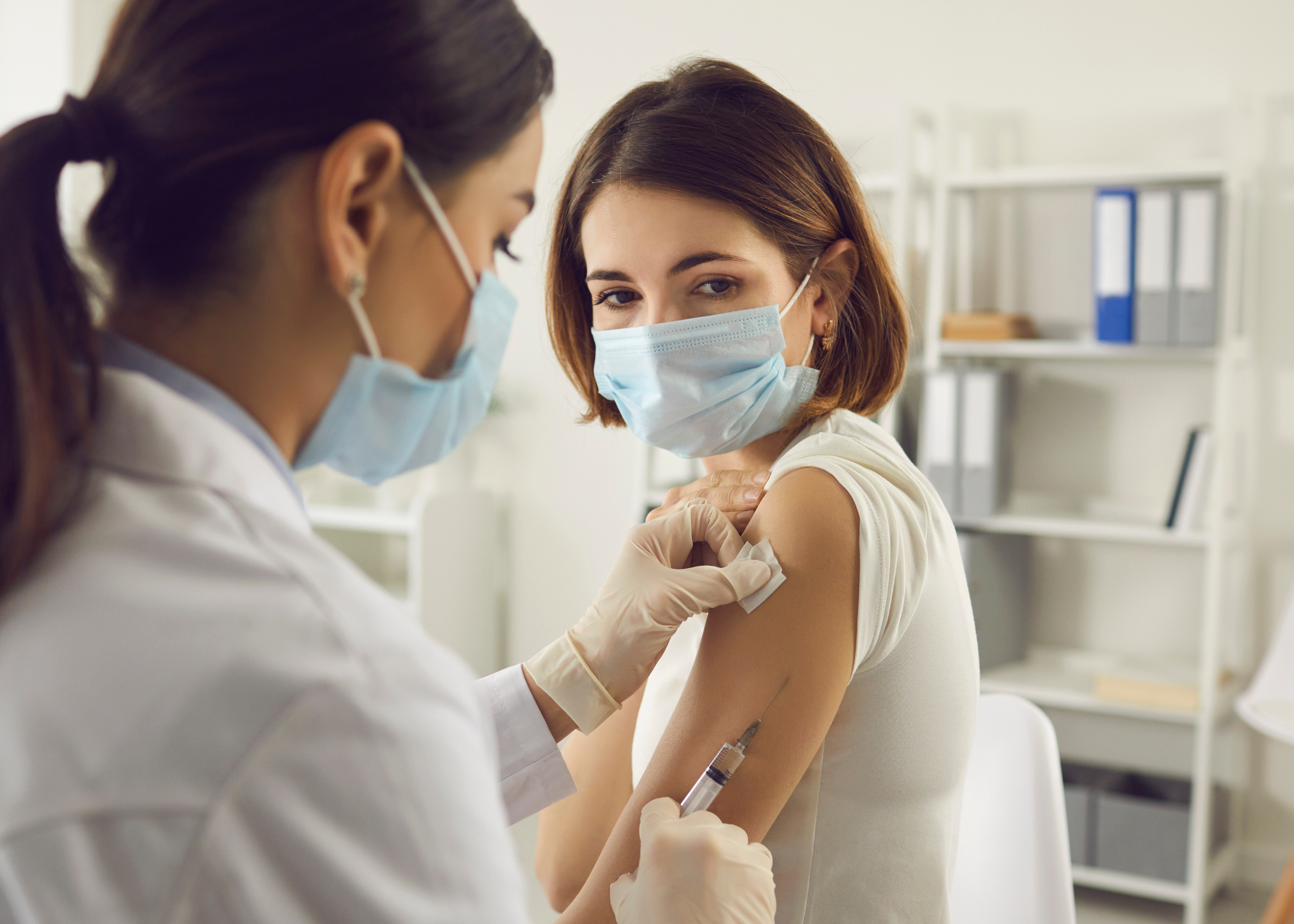Respiratory Syncytial Virus (RSV) is a major cause of respiratory illness in infants, young children, and older adults1. Despite decades of research, there is still little available vaccine for RSV. However, recent advancements in vaccine development2 are bringing hope for effective prevention strategies. This blog explores some of the current studies and progress in the development of an RSV vaccine.

The Importance of an RSV Vaccine
RSV is a highly contagious virus that can lead to severe respiratory infections, including bronchiolitis and pneumonia3. It poses a significant health risk, particularly to infants, the elderly, and those with compromised immune systems or chronic health conditions. Developing a vaccine for RSV is crucial for reducing the global burden of this virus and preventing severe cases that require hospitalization4.
Historical Challenges in RSV Vaccine Development
Efforts to develop an RSV vaccine date back to the 1960s according to Oxford Academic5. The first RSV vaccine trial in 1966 was a formalin-inactivated RSV vaccine, but it led to an unexpected and severe form of the disease upon natural RSV infection in vaccinated infants, resulting in hospitalizations and fatalities6. This setback halted RSV vaccine development for years.
One of the major challenges in developing an RSV vaccine is the virus’s ability to evade the immune system. RSV has two major surface proteins, F (fusion) and G (attachment)7, which are essential for the virus to infect host cells. The F protein undergoes conformational changes that make it difficult for the immune system to target it effectively. Additionally, RSV’s genetic variability complicates the creation of a one-size-fits-all vaccine.
Breakthroughs and Promising Vaccine Candidates
In recent years, significant progress has been made in understanding the structure and function of RSV proteins, particularly the F protein. This has led to the development of several promising vaccine candidates. Here are some notable ones:
Prefusion F Protein-Based Vaccines
The prefusion form of the F protein (pre-F) is a stable version of the protein that presents critical neutralizing epitopes to the immune system. Stabilizing the pre-F protein has been a major breakthrough, as it elicits a stronger immune response compared to the postfusion form. Several vaccine candidates targeting the pre-F protein are in various stages of clinical trials.
mRNA-based Vaccines:
Moderna, known for its COVID-19 mRNA vaccine, is developing an mRNA-based RSV vaccine targeting the pre-F protein. Early clinical trials have shown promising immune responses and safety profiles.
Pre- F protein Vaccines:
Vaccines targeting the pre-F protein, have shown positive results in phase 2 clinical trials. The vaccine is designed for older adults and maternal immunization to protect infants through transferred antibodies.
Live Attenuated and Chimeric Vaccines
Live attenuated vaccines use weakened versions of the virus to stimulate an immune response without causing the disease. Chimeric vaccines, on the other hand, use a different virus as a vector to deliver RSV antigens. These approaches have shown promise in preclinical and early clinical studies.
There is a monoclonal antibody clinical trial that targets the pre-F protein and is designed for passive immunization. It has shown efficacy in reducing RSV-related hospitalizations in preterm infants.
Subunit and Protein-Based Vaccines
Subunit vaccines use purified components of the virus, such as proteins, to elicit an immune response. Protein-based vaccines focusing on the F and G proteins are being explored for their ability to induce neutralizing antibodies.
A clinical trial was developed as a subunit vaccine based on the F protein. Early-phase clinical trials have demonstrated its potential to induce strong immune responses in older adults and infants.

Current Clinical Trials
Several RSV vaccine candidates are currently in various stages of clinical trials. These trials aim to evaluate the safety, immunogenicity, and efficacy of the vaccines in different populations.
Some are conducting a phase 3 clinical trial for its vaccine, which targets the F protein. This maternal immunization approach aims to protect infants by vaccinating pregnant women, thereby transferring antibodies to the fetus.
Other vaccine candidates use a viral vector to deliver the pre-F protein. Currently, it is undergoing phase 2b clinical trials to assess its safety and efficacy in older adults.
A new collaboration is developing an mRNA-based RSV vaccine. Early-phase clinical trials are evaluating its immunogenicity and safety profile.
The Future of RSV Vaccination
The progress in RSV vaccine development is encouraging, but there are still challenges to overcome. Ensuring the safety and efficacy of these vaccines across different age groups and populations is critical. Additionally, understanding the duration of immunity and the potential need for booster doses will be important for long-term protection.
Public health strategies will also play a vital role in the successful implementation of RSV vaccination programs. Educating healthcare providers and the public about the benefits of RSV vaccination, especially for high-risk groups, is essential for achieving widespread vaccine uptake.
Conclusion
The development of an RSV vaccine has made significant strides, with several promising candidates showing potential in clinical trials. The focus on the prefusion F protein, live attenuated vaccines, and innovative platforms like mRNA technology is driving progress toward effective prevention strategies. As research continues, the hope is that a safe and effective RSV vaccine will soon be available to protect vulnerable populations and reduce the global burden of this common but serious virus.
Currently, FOMAT has participated in various RSV clinical trials, involving new vaccines and innovating new medications that can potentially become the primary treatment for RSV. If you or a loved one is having respiratory symptoms, contact your doctor and see the possibility to participate in our clinical trials. By staying informed and supporting ongoing research, we can all contribute to a healthier future free from the threat of RSV.

